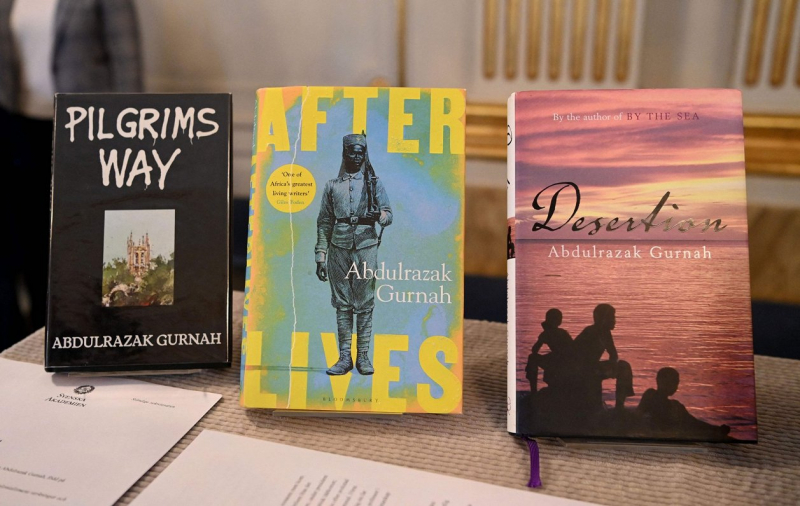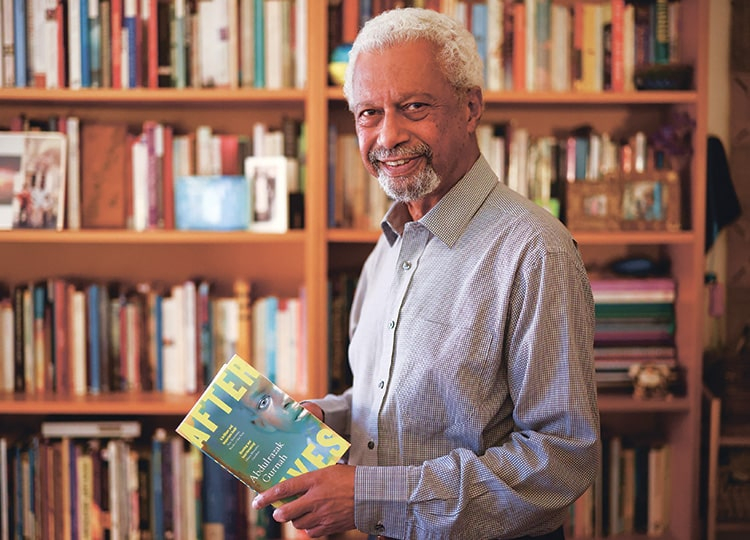Literature
Another Tanzanian culture, customs, and etiquette that you must bear in mind is literature. There is little written material available in the Tanzanian local languages because these languages are primarily spoken. They largely consist of dictionaries and a few works written by missionaries or academics who are Christians. But the nation's official language, Kiswahili, has a long history. In this language, both poetry and prose have been published.
Even before the colonial era, developed poetry in Swahili—the most widely spoken language in eastern Africa—which later became the national language of Tanzania—appeared, inspired by Arabic poetry. Shaaban Robert, who began writing in the 1940s, is thought to be Tanganyika's best-known novelist. He primarily wrote poems, some of which are included in "Diamonds of Africa" (1960), which Robert himself translated into Swahili. The East African-born poet and writer Muhammed Said Abdulla were one of the first to characterize contemporary Tanzania in Swahili. Despite a significant increase in Swahili prose creation during the 1960s, virtually little of it has been translated into Western languages. The same is true of the drama, in which Ebrahim Hussein plays a key role.












